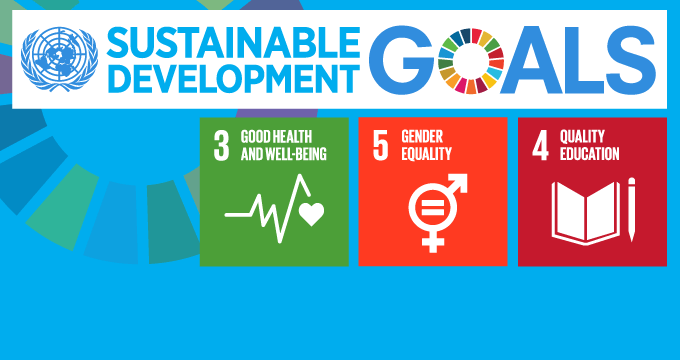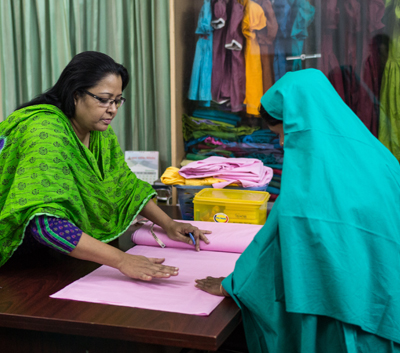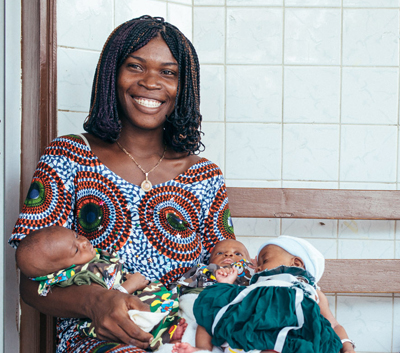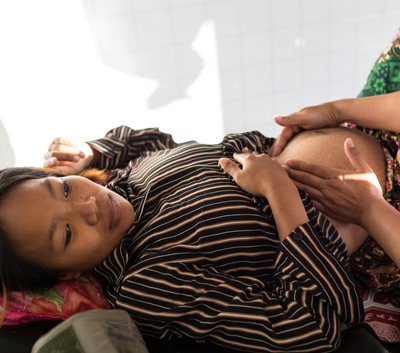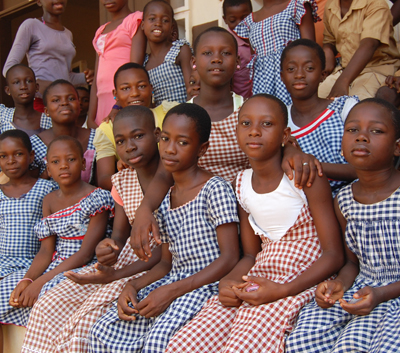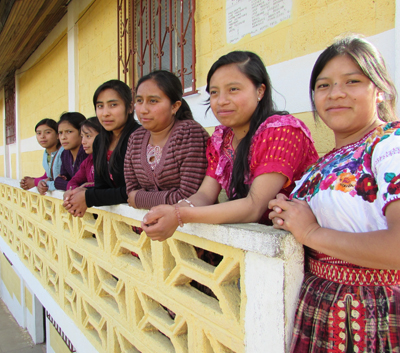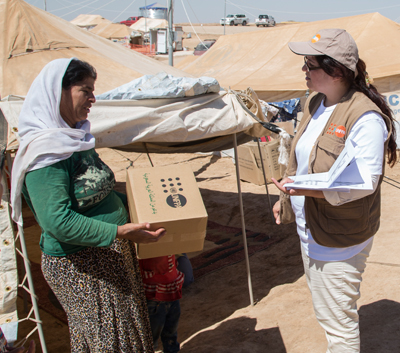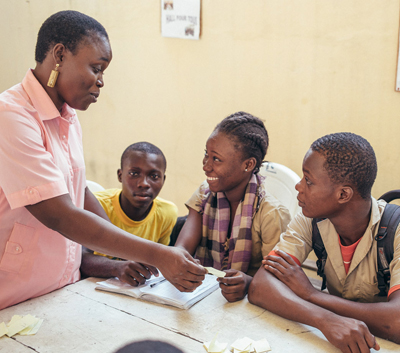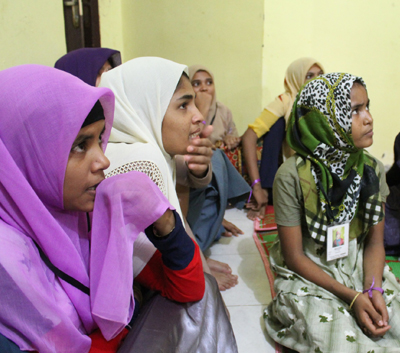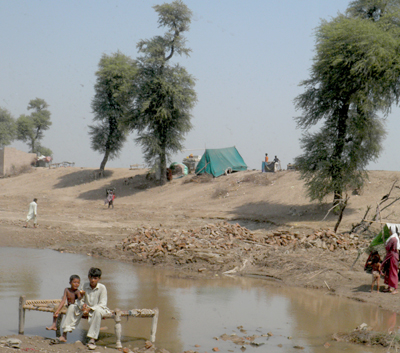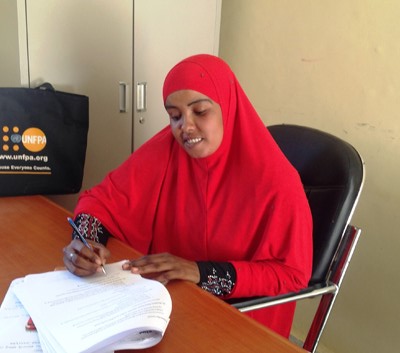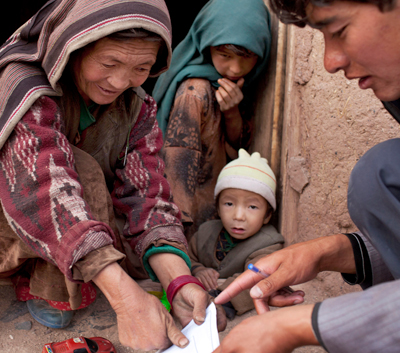
1 NO POVERTY
Goal 1. End poverty in all its forms everywhere
More than 700 million people live in extreme poverty, surviving on less than$1.90 a day. Globally, there are 122 women, 25 to 34 years old, living in extreme poverty for every 100 men of the same age group.
Poor health and lack of access to education both result from poverty and help perpetuate it. Conflicts and disasters also contribute to these dire circumstances, undermining social and economic stability.
UNFPA works with governments, other UN agencies and partners to improve access to sexual and reproductive health care in developing countries, where reproductive health problems are a leading cause of ill health and death for women and girls of childbearing age. Reproductive health care – which includes maternal health services and family planning – enables women to protect their health and choose the number, timing and spacing of their children. This empowers them to study, work, and raise their families out of poverty.
UNFPA also works to eliminate harmful practices like child marriage, which keep girls from school, and advocates for young people’s access to health care, skills development and jobs. Healthy, educated, employed and empowered young people improve not only their own prospects but the prospects of their community as well. Nations may realize a ‘demographic dividend’ – a boost in economic productivity – when there are growing numbers of people in the workforce relative to the number of dependents.
UNFPA also responds to the reproductive health needs of people caught in emergencies. Together, these measures help some of the world's most vulnerable people realize their rights, maintain their health, seek opportunities and reach their full potential.
